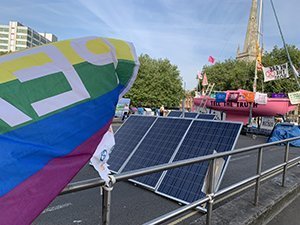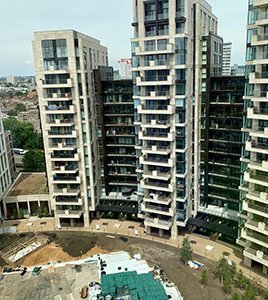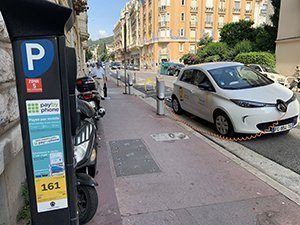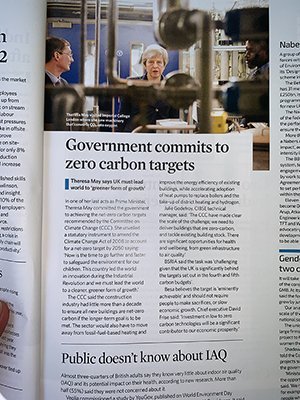I recently returned from a trip to Europe, during which I had a series of interesting meetings and visits. It was particularly good to share my experience from in CA in light of the recent UK decarbonization mandate of net zero by 2050.
Sustainable Solutions
The cost of energy in Europe and the UK is significantly higher than US, making renewable solutions more viable; however, the elimination of the feed in tariffs and most of the subsidies means that the projects such as microgrids need to demonstrate a true rate of return.
A popular demand response solution has been running standby generators as prime. This has worked well, as it did during the CA rolling blackouts of the early 2000; however, the decarbonization mandate means that this solution will no longer be available. That being said, it means properties with this infrastructure may be able to repurpose the interconnection equipment for renewable solutions.
Carbon Labeling
The performance of buildings are listed at the entrance. On travel documents, each ticket or agreement showed the amount of carbon used. This type of labeling is very hard to find, even in the sustainability-minded Bay Area. I wonder if the City of San Francisco has this type of carbon labeling in the works.
Ironically, my trip to the train station for my renewable meeting was delayed by one of the increasing number of Extinction Rebellion protests in Bristol.

Construction
Generally, there was a lot of construction in the areas I visited.
Engineers and contractors face similar challenges: schedule, availability of skilled labor, evolving regulatory environment and budget challenges. During my trip, I was introduced to many innovative solutions which I’d like to incorporate into my California projects.

Electric Vehicles (EV’s)
Compared to the Bay Area, there are very few EV’s in the UK. There is, however, an awareness that EV usage will increase which will, in turn, challenge the distribution infrastructure, particularly with the prevalence of on-street parking. As in the US, EV’s will allow renewable energy optimization and also provide opportunities for vehicle to building (V2B) power optimization.

Summary
This trip was very informative and inspirational. It was good to share in a meaningful way my California experience, and in return I learned of a number of great ideas I hope to apply in my US work.
With regards to climate change, in the UK there were certainly differing opinions about extent and how to address it, but the topic is not politicized as in the US, and I appreciated being able to discuss the topic freely.
As I continue my overseas collaboration, I will share updates.
In the meantime, I would appreciate others’ thought and ideas from their international work. What do you have to say?

